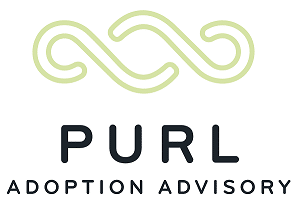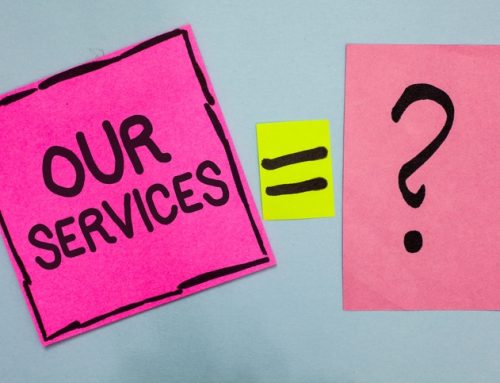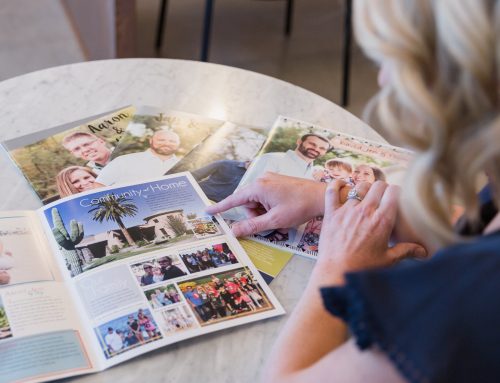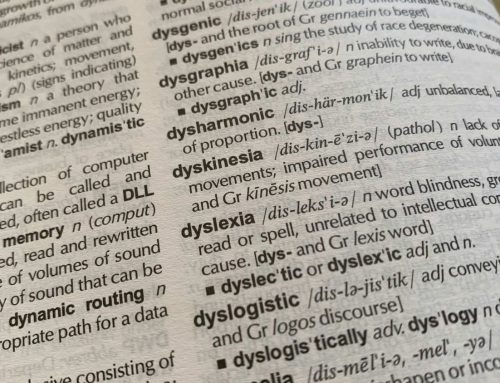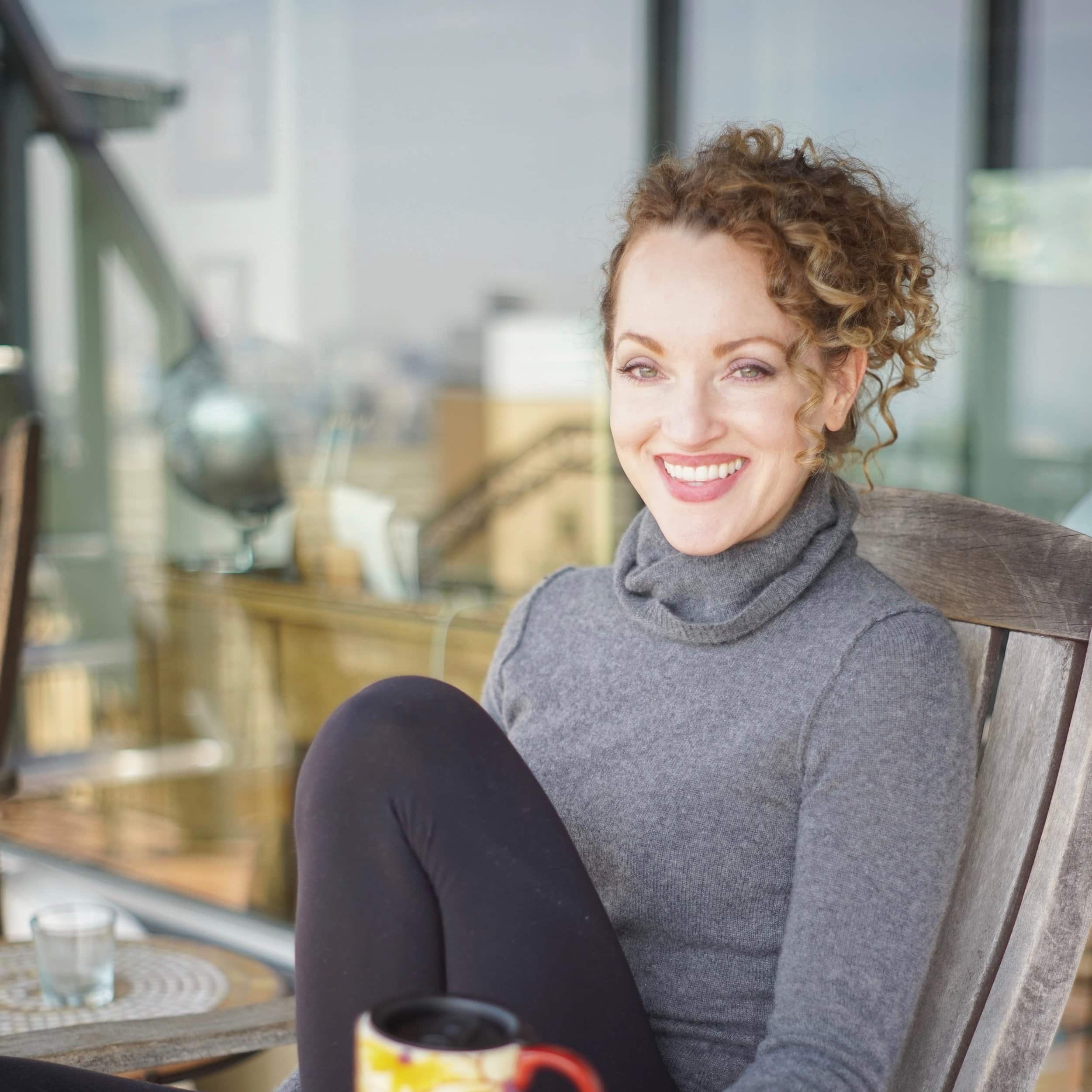
Erin Mason, a thoughtful birth mother, psychotherapist and author of the children’s book “Growing Grace” shares her story of finding out she was pregnant, searching for adoptive parents, her post-placement struggle, and her unending love for her daughter. To purchase her book (a great addition to the library of any family touched by domestic adoption),visit Amazon or to learn more about her, visit her website at http://empoweredtimes.com/growinggracebook/.
—
I thought I had survived my tumultuous teenage years when I graduated from high school, received a scholarship to college, and moved across the country to begin a fresh, new chapter. However, less than six weeks into my first semester, and home for a family visit and a doctor’s appointment to complete my immunizations for school, my life turned upside down.
Somehow, the blood tests I had taken the month prior did not reveal what my doctor was about to discover. With the drum of the stethoscope on my stomach, she handed the earpiece to me where I was lying on the examination table. She said simply, “This is the sound of your baby’s heart beating.” I was three months pregnant.
In that moment, I thought my heart would stop. But it didn’t stop, it kept growing fuller and stronger as the baby inside continued to develop. I can’t adequately explain how terrifying and magical, agonizing and transforming, confusing and clarifying the next six months would be for me. I honestly don’t remember making a deliberate decision about what I was going to do. I couldn’t possibly fathom how heartbreaking it would be to carry a child inside, this little being I was quickly falling in love with, only to give her to someone else to raise.
My first priority was to make sure my child (aka “Grace”) felt loved, cared for, and like the integral part of me she was and would always be. It was the 1990s; adoptions were slowly becoming more open, with more options involving birthparent rights and records. Since then, we’ve progressed by leaps and bounds toward more sensitive and appropriate language regarding adoption. I was adamant that no one may use terms like “unwanted pregnancy” or “a mistake.” My daughter may not have been planned, but she was not a mistake, and she certainly was NOT unwanted. I wanted to keep her more than anything in the world. I truly don’t remember making the decision of adoption.
I do however, remember setting out on a research expedition of sorts to understand and determine what type of home and upbringing I wanted for “Grace.” I wasn’t sure if I could be the one to raise my daughter, but I wanted to do all I could to ensure she ended up in a good home with wonderful parents who could provide everything I wasn’t able at the time. I took this process very seriously and refused to surrender the decision to anyone else.
After the first awkward telephone conversation with a potential couple in which I struggled with what to say or ask, I hung up the phone and sat down to compose a questionnaire. I wanted to know all I could about any potential parents. I inquired about their own upbringing and experiences, their beliefs, and their thoughts on controversial topics. I wanted to understand their values, their opinions, their philosophy, their lifestyle, and the life they hoped to provide for a child. Without asking about their political affiliation, I still managed to find a way to ask about how they would respond if their child became pregnant as a teenager, or developed a substance addiction, or ran away from home. I was curious about their perspective on race, religion, and politics.
Now, I look back at the questionnaire half impressed by my initiative and half embarrassed by my 18-year old mindset. It is painfully clear that I was a child trying to be a grown up and act like I knew what I was doing. In circumstances so beyond my control, I wanted to gain some sense of agency, to have at least the perception that I still had a choice and a say in the matter. I wanted to preserve the feeling that this child I carried inside would somehow always be a part of me, if only through the natal bond and in my memory. Ultimately, I would do everything in my power to make sure “Grace” knew how much I loved her.
I mostly interviewed couples who lived out of state in beautiful places I would have loved to live. I visited those who seemed like a good fit. Sometimes they visited me. We spoke over the phone and exchanged photos and letters (in the time before emails). I researched different types of adoption and tried to understand what felt right for me and my situation.
Open adoption was a relatively new concept at the time, and no one could tell me what to expect or how it would work. However, the novelty and uncertainty was worth the risk to me. I knew deep in my heart that I wanted to be part of my child’s life in whatever way felt healthy and safe for all involved. I wanted “Grace” to know as early as possible that she was adopted, to understand that she had two families who loved her, and to be reassured that I would always be accessible and available to her no matter when or where.
A month before my daughter was born, I made the most painful promise of my life. On a drizzly February afternoon in San Francisco, with a tearstained face and a heavy heart, I agreed to place my daughter for adoption. I chose a couple I had spent significant time with and who I believed would honor my simple wishes for openness and honesty. I also trusted that they would convey the message of love I wanted “Grace” to grow up knowing. The couple was elated, yet still keenly aware of the grave loss this meant for me.
We were in close contact during the early years after “Grace” was born, which allowed me to be involved and to witness (albeit from a distance) how my daughter was growing and developing. This was a beautiful experience, but also devastating, and there were several members of my family who chose not to look at photos or read letters because of the pain and longing that ensued.
When “Grace” was about three years old, her mother said she bought every book she could find on the subject of adoption, but none of the stories gave any insight into a situation like ours. She was the one who initially encouraged me to write a children’s book from the perspective of the birthmother. In the throes of college at the time, I wasn’t able to write the story when she made the suggestion, but I never forgot it.
Each adoption story takes unexpected twists and turns, as did ours. What began as an open adoption, became less so when the couple adopted another child who didn’t have the option of openness with his birthmother. So I bowed into the wings and waited for many years. I always wanted to honor their wishes and never wanted to give them any reason to perceive me as a threat. Though all the time, I yearned to know my daughter and missed our regular communication. At the end, I was left to my own devices to speculate about what went wrong, and why the door suddenly closed. Still I waited.
Adoption is profoundly personal, and the needs, wishes, and feelings of the birthparents, adoptive parents, and the child depend on countless variables. I had strong support from family, friends, and professional therapists. Pre-adoption, the couple contacted me regularly with care, concern, and curiosity about how I was doing. They expressed intention to truly get to know me and understand my experiences. They agreed to be open and honest with their daughter about her adoption so she would have the opportunity to understand it and make sense of it from the very beginning. They always framed the adoption experience in love, reiterating how much I loved and wanted the very best for her. I’m grateful they never persuaded or pressured me. I felt valued beyond being the vessel that contained their beloved and long-awaited baby. However, ultimately, I felt disappointed by their change of heart in terms of the openness we agreed to, and I wish there had been more honesty as things evolved.
I respected the couple and their efforts to protect their family’s cohesiveness and their children’s feelings. Perhaps this shift in our adoption story further fueled my desire to share my perspective. The decision of adoption is heart-wrenching. I wanted other birth mothers to know they are not alone, and though every woman’s situation is different, her voice is a critical part of the story. Children who have been adopted should know they ARE wanted and loved by their birthmother regardless of the circumstances, and they will never be forgotten.

Erin Mason, a thoughtful birth mother, psychotherapist and author of the children’s book “Growing Grace” shares her story of finding out she was pregnant, searching for adoptive parents, her post-placement struggle, and her unending love for her daughter. To purchase her book (a great addition to the library of any family touched by domestic adoption),visit Amazon or to learn more about her, visit her website at http://empoweredtimes.com/growinggracebook/.
—
I thought I had survived my tumultuous teenage years when I graduated from high school, received a scholarship to college, and moved across the country to begin a fresh, new chapter. However, less than six weeks into my first semester, and home for a family visit and a doctor’s appointment to complete my immunizations for school, my life turned upside down.
Somehow, the blood tests I had taken the month prior did not reveal what my doctor was about to discover. With the drum of the stethoscope on my stomach, she handed the earpiece to me where I was lying on the examination table. She said simply, “This is the sound of your baby’s heart beating.” I was three months pregnant.
In that moment, I thought my heart would stop. But it didn’t stop, it kept growing fuller and stronger as the baby inside continued to develop. I can’t adequately explain how terrifying and magical, agonizing and transforming, confusing and clarifying the next six months would be for me. I honestly don’t remember making a deliberate decision about what I was going to do. I couldn’t possibly fathom how heartbreaking it would be to carry a child inside, this little being I was quickly falling in love with, only to give her to someone else to raise.
My first priority was to make sure my child (aka “Grace”) felt loved, cared for, and like the integral part of me she was and would always be. It was the 1990s; adoptions were slowly becoming more open, with more options involving birthparent rights and records. Since then, we’ve progressed by leaps and bounds toward more sensitive and appropriate language regarding adoption. I was adamant that no one may use terms like “unwanted pregnancy” or “a mistake.” My daughter may not have been planned, but she was not a mistake, and she certainly was NOT unwanted. I wanted to keep her more than anything in the world. I truly don’t remember making the decision of adoption.
I do however, remember setting out on a research expedition of sorts to understand and determine what type of home and upbringing I wanted for “Grace.” I wasn’t sure if I could be the one to raise my daughter, but I wanted to do all I could to ensure she ended up in a good home with wonderful parents who could provide everything I wasn’t able at the time. I took this process very seriously and refused to surrender the decision to anyone else.
After the first awkward telephone conversation with a potential couple in which I struggled with what to say or ask, I hung up the phone and sat down to compose a questionnaire. I wanted to know all I could about any potential parents. I inquired about their own upbringing and experiences, their beliefs, and their thoughts on controversial topics. I wanted to understand their values, their opinions, their philosophy, their lifestyle, and the life they hoped to provide for a child. Without asking about their political affiliation, I still managed to find a way to ask about how they would respond if their child became pregnant as a teenager, or developed a substance addiction, or ran away from home. I was curious about their perspective on race, religion, and politics.
Now, I look back at the questionnaire half impressed by my initiative and half embarrassed by my 18-year old mindset. It is painfully clear that I was a child trying to be a grown up and act like I knew what I was doing. In circumstances so beyond my control, I wanted to gain some sense of agency, to have at least the perception that I still had a choice and a say in the matter. I wanted to preserve the feeling that this child I carried inside would somehow always be a part of me, if only through the natal bond and in my memory. Ultimately, I would do everything in my power to make sure “Grace” knew how much I loved her.
I mostly interviewed couples who lived out of state in beautiful places I would have loved to live. I visited those who seemed like a good fit. Sometimes they visited me. We spoke over the phone and exchanged photos and letters (in the time before emails). I researched different types of adoption and tried to understand what felt right for me and my situation.
Open adoption was a relatively new concept at the time, and no one could tell me what to expect or how it would work. However, the novelty and uncertainty was worth the risk to me. I knew deep in my heart that I wanted to be part of my child’s life in whatever way felt healthy and safe for all involved. I wanted “Grace” to know as early as possible that she was adopted, to understand that she had two families who loved her, and to be reassured that I would always be accessible and available to her no matter when or where.
A month before my daughter was born, I made the most painful promise of my life. On a drizzly February afternoon in San Francisco, with a tearstained face and a heavy heart, I agreed to place my daughter for adoption. I chose a couple I had spent significant time with and who I believed would honor my simple wishes for openness and honesty. I also trusted that they would convey the message of love I wanted “Grace” to grow up knowing. The couple was elated, yet still keenly aware of the grave loss this meant for me.
We were in close contact during the early years after “Grace” was born, which allowed me to be involved and to witness (albeit from a distance) how my daughter was growing and developing. This was a beautiful experience, but also devastating, and there were several members of my family who chose not to look at photos or read letters because of the pain and longing that ensued.
When “Grace” was about three years old, her mother said she bought every book she could find on the subject of adoption, but none of the stories gave any insight into a situation like ours. She was the one who initially encouraged me to write a children’s book from the perspective of the birthmother. In the throes of college at the time, I wasn’t able to write the story when she made the suggestion, but I never forgot it.
Each adoption story takes unexpected twists and turns, as did ours. What began as an open adoption, became less so when the couple adopted another child who didn’t have the option of openness with his birthmother. So I bowed into the wings and waited for many years. I always wanted to honor their wishes and never wanted to give them any reason to perceive me as a threat. Though all the time, I yearned to know my daughter and missed our regular communication. At the end, I was left to my own devices to speculate about what went wrong, and why the door suddenly closed. Still I waited.
Adoption is profoundly personal, and the needs, wishes, and feelings of the birthparents, adoptive parents, and the child depend on countless variables. I had strong support from family, friends, and professional therapists. Pre-adoption, the couple contacted me regularly with care, concern, and curiosity about how I was doing. They expressed intention to truly get to know me and understand my experiences. They agreed to be open and honest with their daughter about her adoption so she would have the opportunity to understand it and make sense of it from the very beginning. They always framed the adoption experience in love, reiterating how much I loved and wanted the very best for her. I’m grateful they never persuaded or pressured me. I felt valued beyond being the vessel that contained their beloved and long-awaited baby. However, ultimately, I felt disappointed by their change of heart in terms of the openness we agreed to, and I wish there had been more honesty as things evolved.
I respected the couple and their efforts to protect their family’s cohesiveness and their children’s feelings. Perhaps this shift in our adoption story further fueled my desire to share my perspective. The decision of adoption is heart-wrenching. I wanted other birth mothers to know they are not alone, and though every woman’s situation is different, her voice is a critical part of the story. Children who have been adopted should know they ARE wanted and loved by their birthmother regardless of the circumstances, and they will never be forgotten.
